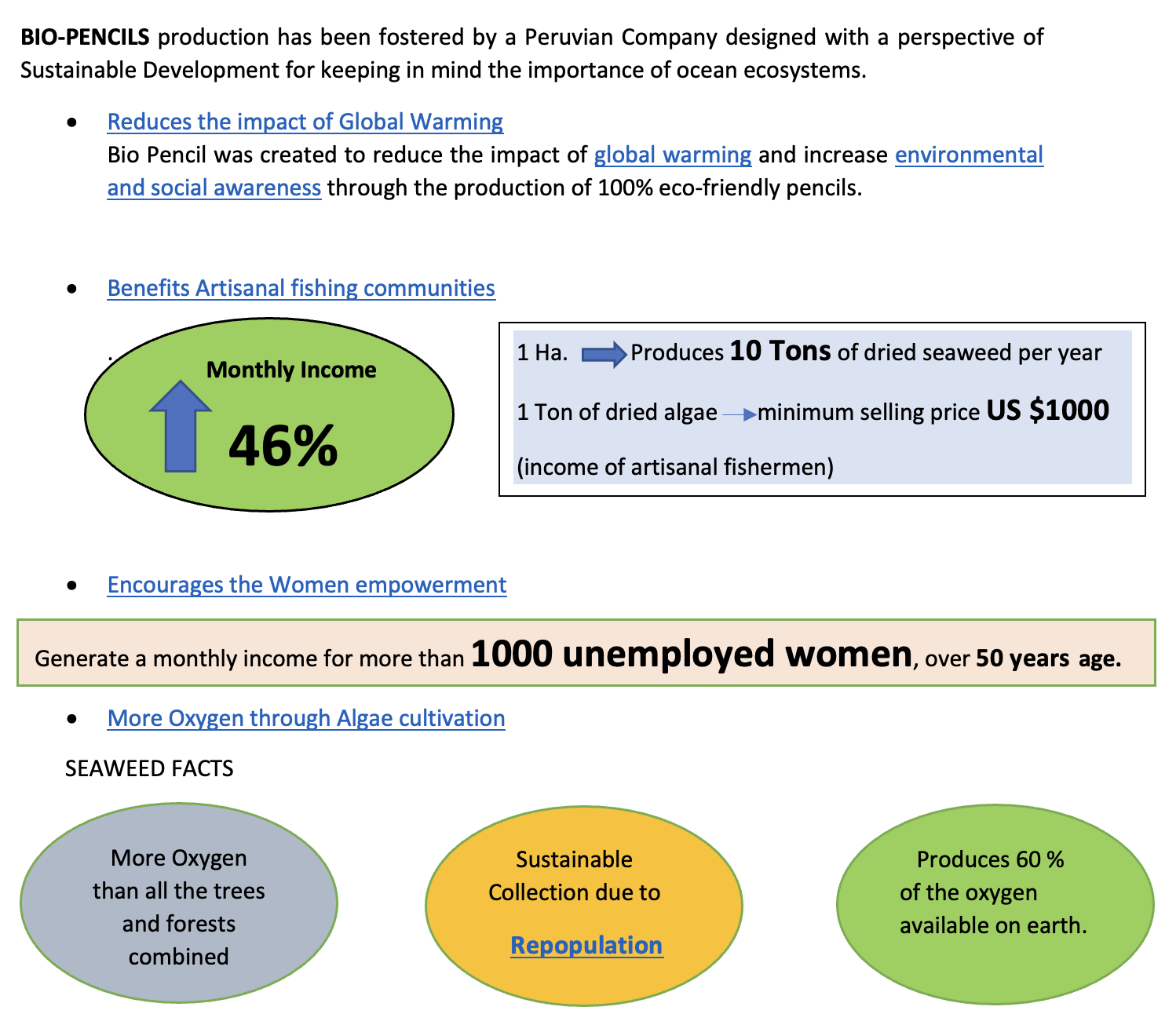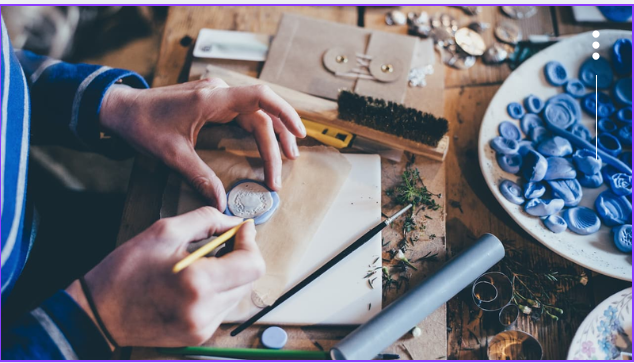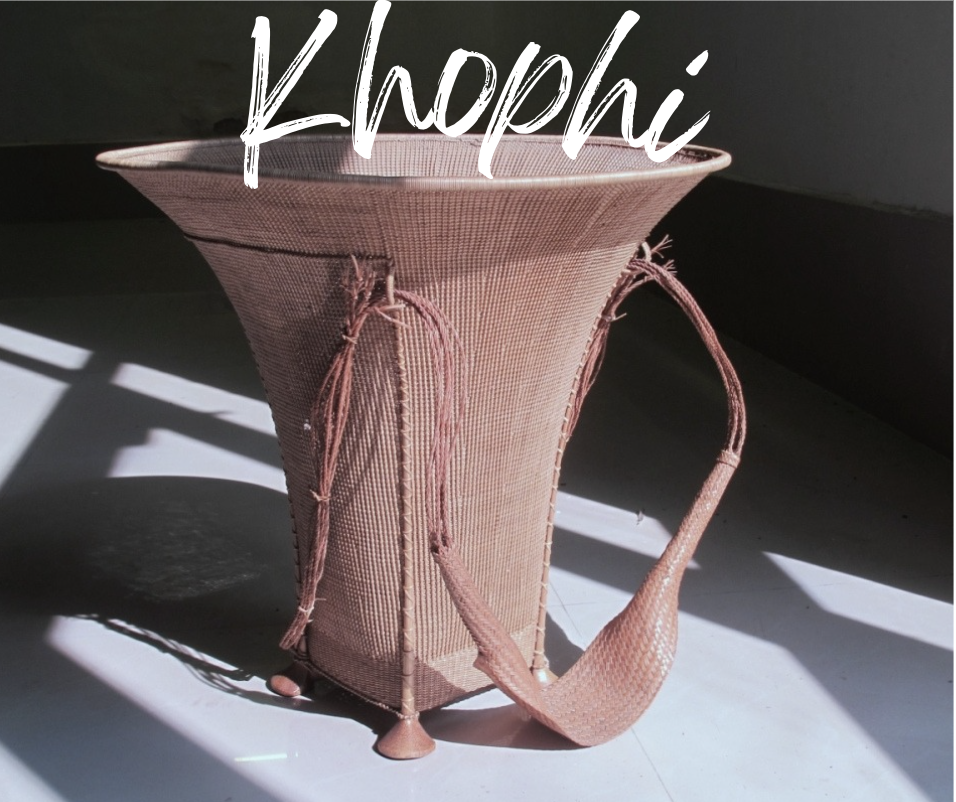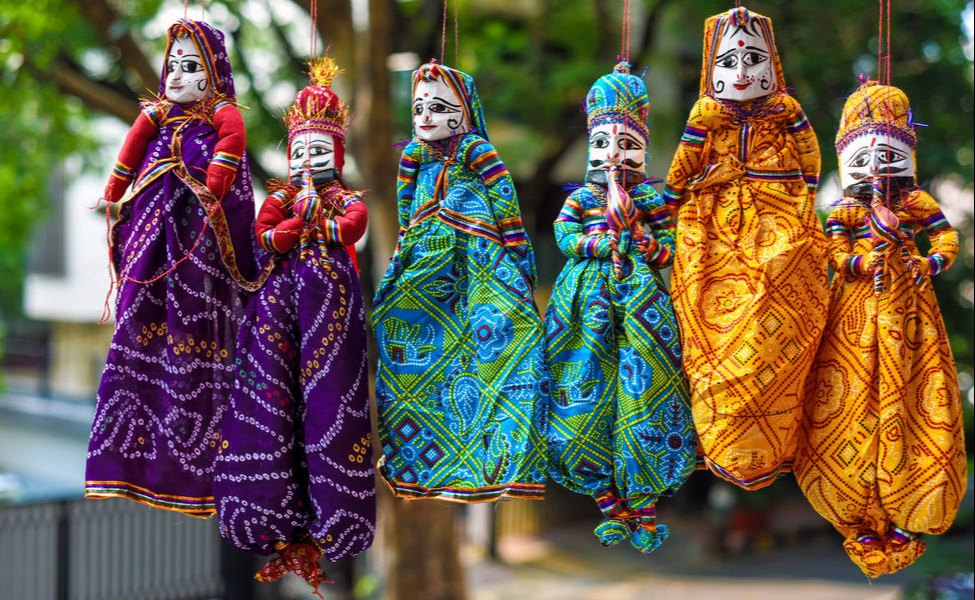Sustainable Development - Case study from Creative manufacturing businesses from Africa and Latin America
Mar 02, 2022 | Sameer Sharma

SUSTAINABLE DEVELOPMENT
WHAT IS SUSTAINABLE DEVELOPMENT?
To be specific, Sustainable Development refers to the development which meets the need of the present, without compromising the ability of future generations to meet their own needs. It helps us gain an awareness of the environmental, social and economic limitations we face as a society. The longer we practice unsustainable development, the more frequent and severe consequences we have to face in the future, which is why timely action is required. This idea of Sustainable Development originated from the Rio+20 Summit in 2012 – the largest summit in UN history. Goals were proposed by Columbia and Guatemala from the Millennium Development Goals, set up in 2000 to halve poverty by 2015. Poverty, measured by living on less than $1.25 a day, has halved. Setting goals works in a complex world, organizations and countries can align their agendas and prioritize funding.
BROADER THAN THE ENVIORNMENT
The focus of sustainable development is much vaster than just the environment. It is also about ensuring a strong, healthy and just society. This means ensuring the needs and requirement of diverse groups of people, who from different backgrounds are supported as much as anyone else by promoting their personal wellbeing, creating equal opportunity, social cohesion and inclusion.
CHANGE OF PERSPECTIVE
We have to change our perspective that thinking about future needs and requirement makes us loose our present time and resources. It’s not true. Sustainable development is about finding better ways of doing things, both for the future and the present. We might need to change the way we work and live now, but this doesn't mean our quality of life will be reduced.
KEY FACTS
The academic community largely supports the goals, be it from governance experts to climate research, the International Council for Science’s independent assessment of the goals gave them a cautious thumbs up.
So which country is most likely to complete the goals first? Sweden, according to one report. Norway, Denmark, Finland and Switzerland are close behind.
The new goals are the result of a three-year process involving 83 national surveys engaging over 7 million people, making it the biggest consultation in UN history.
The concern now is how to make people care about the SDGs. If no one notices them, they won’t attract the attention they need to build momentum. This is a very real issue because the media has largely ignored them to date. British film-maker Richard Curtis aims to bring the goals to 7 billion people. Part one of the plan has been to work with the Swedish designer Jakob Troll back to rebrand them as the Global Goals and create an army of #goalkeepers.
CASE OF BIO PENCIL

Regular Pencils have been costing the world devastation of natural resources as well as been a major contributor to Greenhouse Effect.
Solely in United States of America, 11600 trees are cut annually for the production of 2 million pencils which tends to be just the annual consumption NYSE.
Progressive Increase in the productivity of the natural seaweed prairies and, thus, accomplish the enrichment of the Ecosystem.
You can try the product yourself as the same is available online on various e-commerce sites as well.
CASE OF LEBANON SOAP
Lebanon Natural Soap is made up of Olive Oil, which is the principal agricultural product in Lebanon.
Does not include harmful synthetic ingredients
Popular for its skin moisturizing properties
It provides protection to the skin against environmental damages and signs of aging due to its Vitamin E content and antioxidant properties renowned for cleansing, nourishing and moisturizing. The presence of Olive Oil makes the Natural soap free from any harmful artificial or synthetic ingredients found in mainstream commercial soap bars and liquids. An excellent moisturizer for replenishing the skin’s natural oils and providing balance and lasting protection for all skin types.
A variety of soap products are being produced in Lebanon including bar soap, aromatic soap liquid soap and skin care products.
Creation of Jobs and improving the income of local workers
Soap production contributes to job and income creation in favour of both Lebanese and Syrian citizens. It has been a booster for women employment as the number of women-owned SMEs operating in the sector has grown at a rapid rate during recent decades. In certain regions, widows survive on making natural soap which is sold for $10 per tank.
Contributing to the reduction of agricultural waste.
According to a survey conducted as part of the NGER, there are around 40 formal natural soap SMEs distributed in rural areas across the country. This creates jobs and improves the income of the Lebanese and Syrian workers employed by these companies.
There has been a significant growth observed in the number of women-owned natural soap SMEs during the last decades. In certain regions, they produce natural soap in sufficient quantities needed to support workers’ family income requirements. The survey also identified five large soap producers. Several large producers have created their own artisanal centres to attract tourists and local visitors.
Here are a variety of Soap products you can try:
· Natural soap with essential oils/aromatic plants/herbs/spices/honey etc.
· Olive oil skin care products
· Pure (100 per cent) natural soap
The soaps are available at many E-commerce websites for consumers worldwide.
Recommended



Wholesale / B2b Kathputli Puppets From Ahemdabad
Dec 16, 2024





